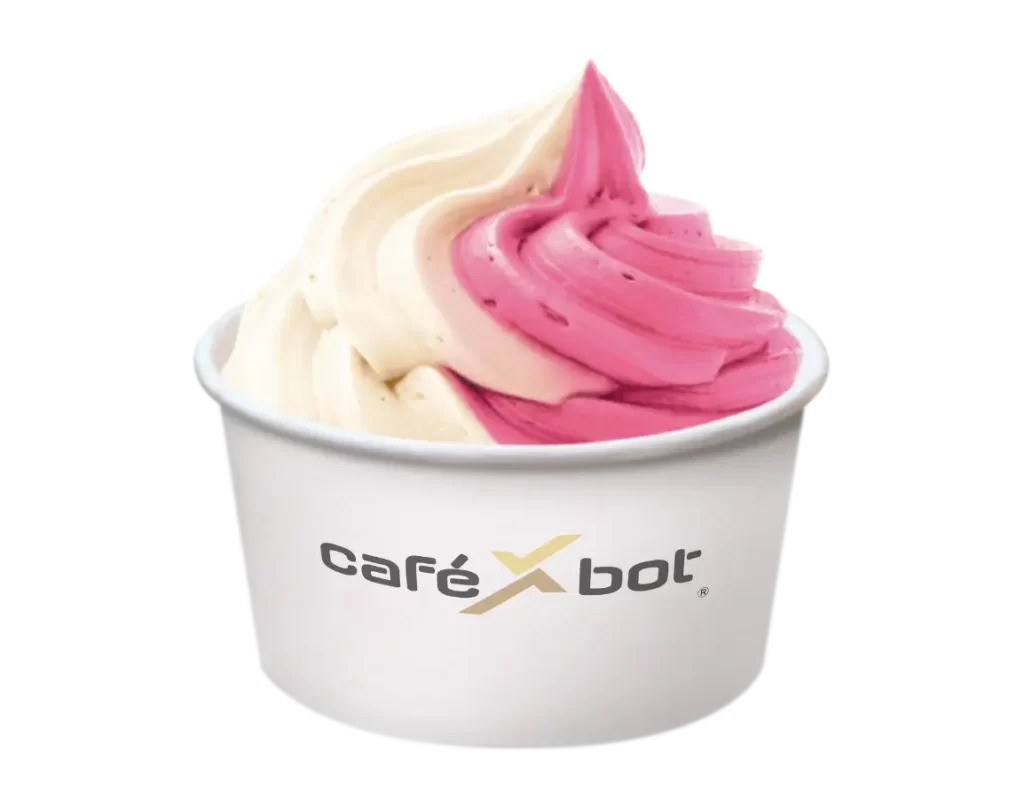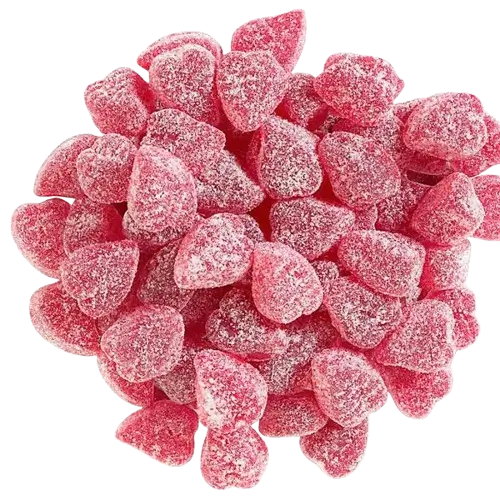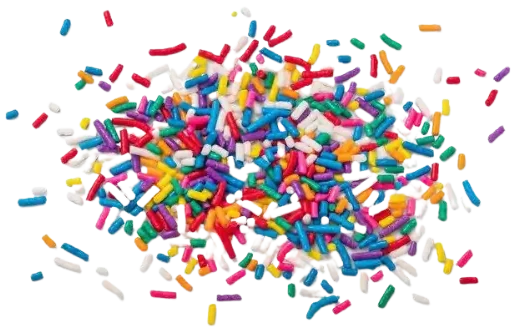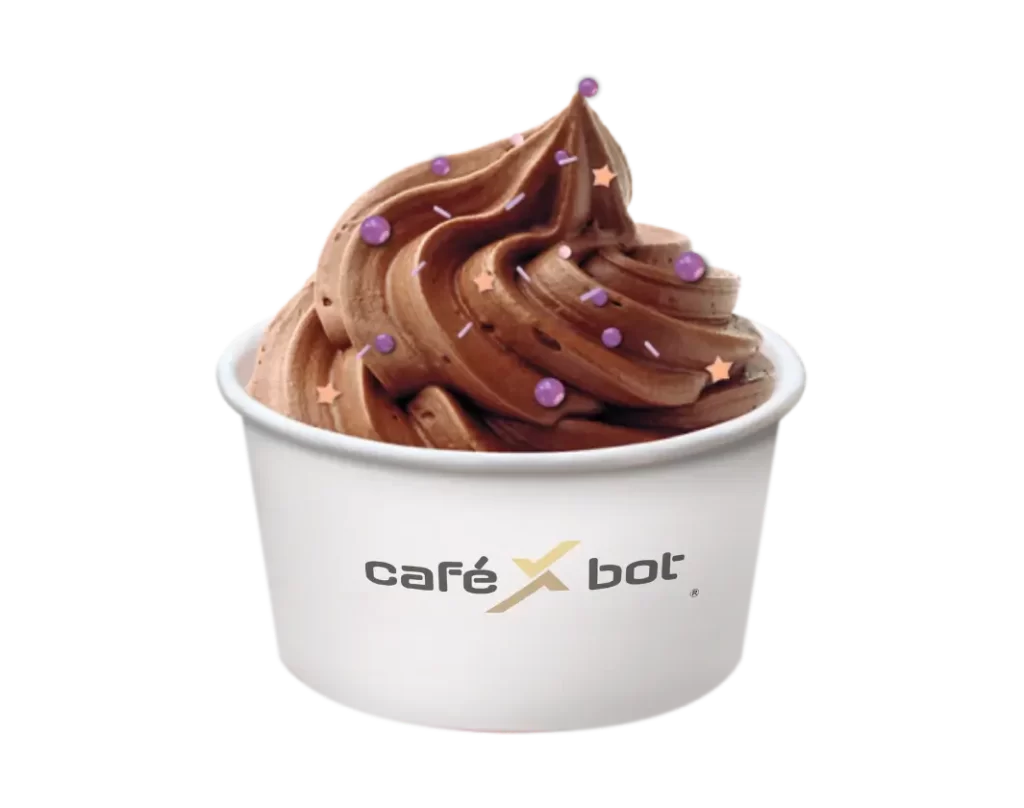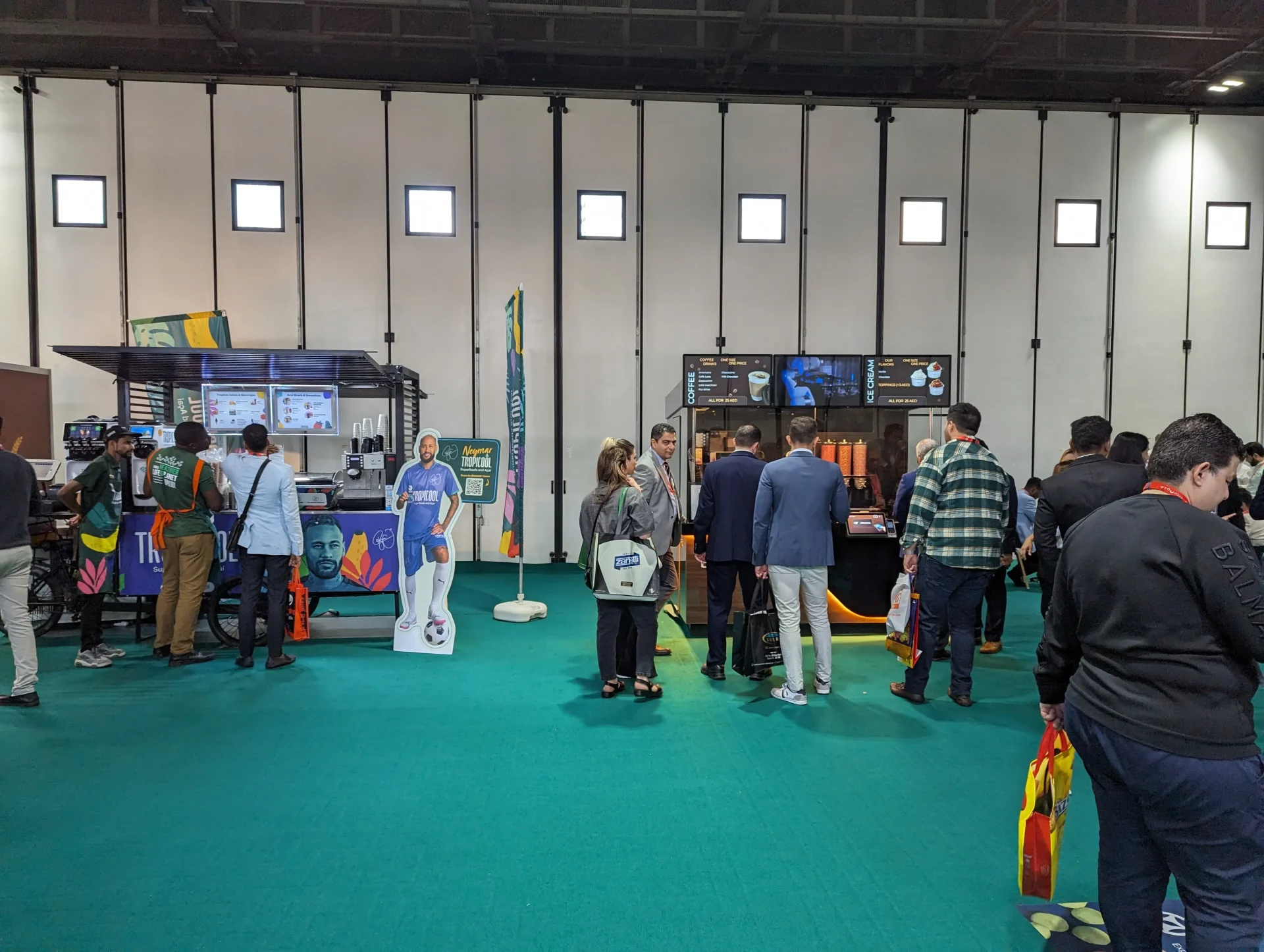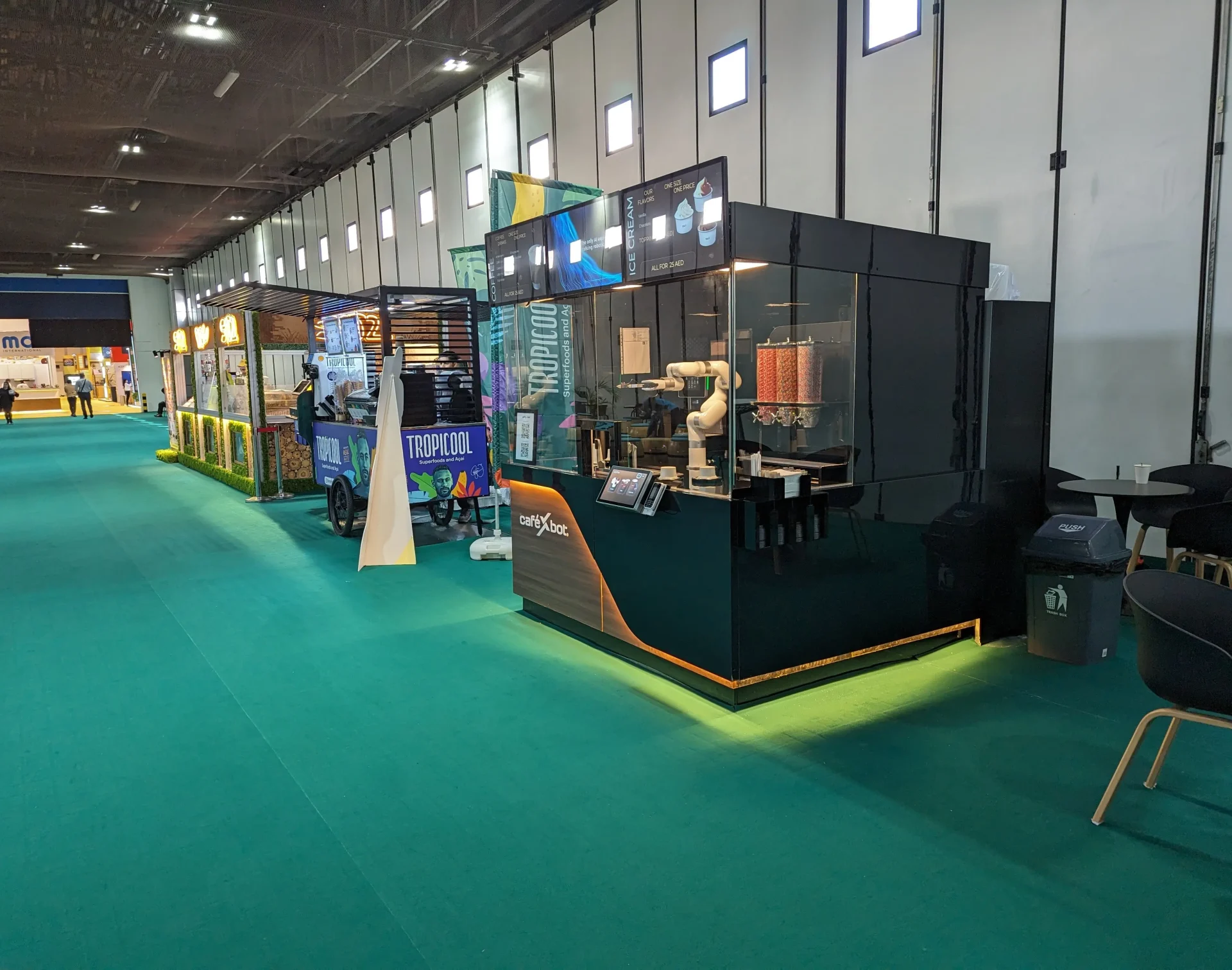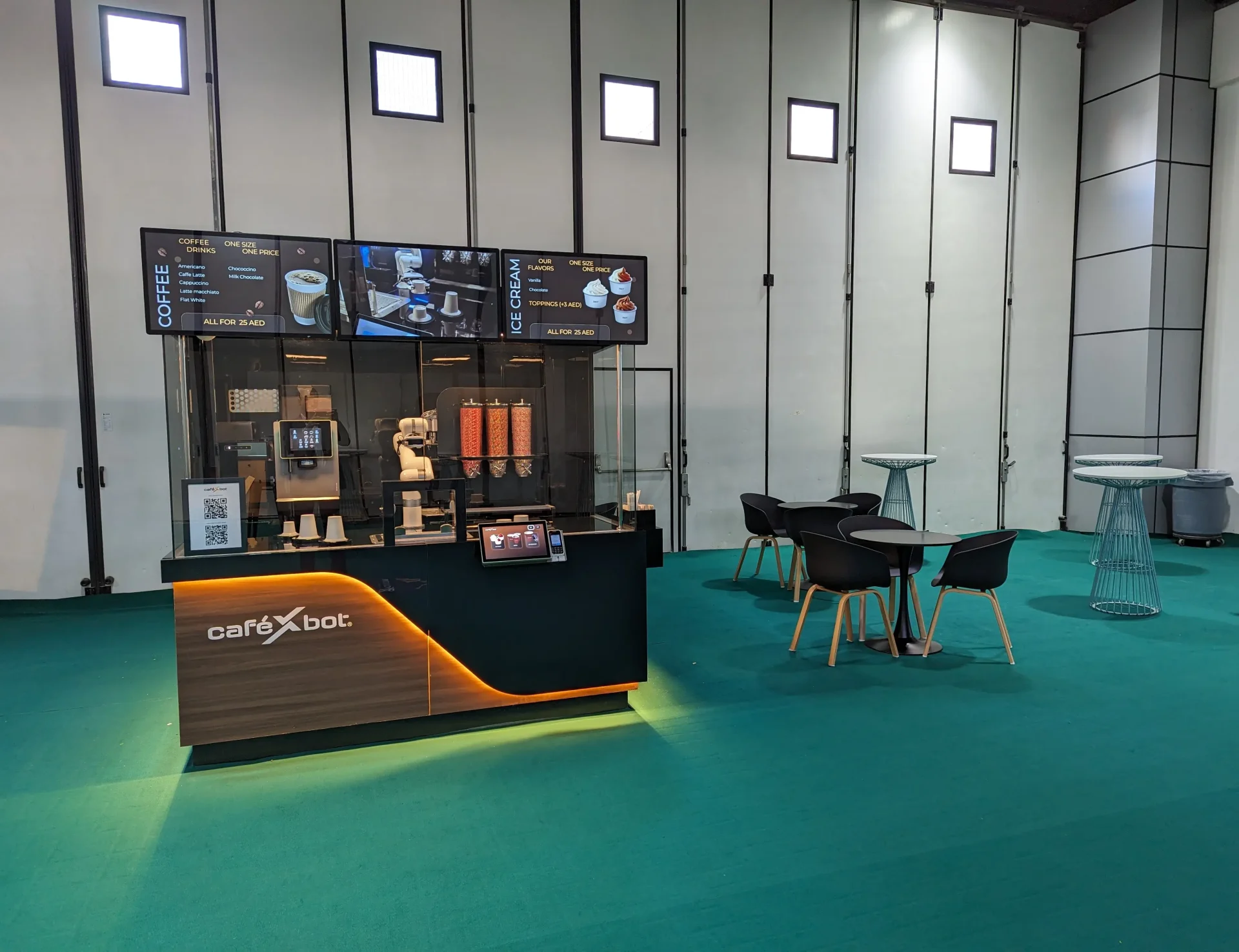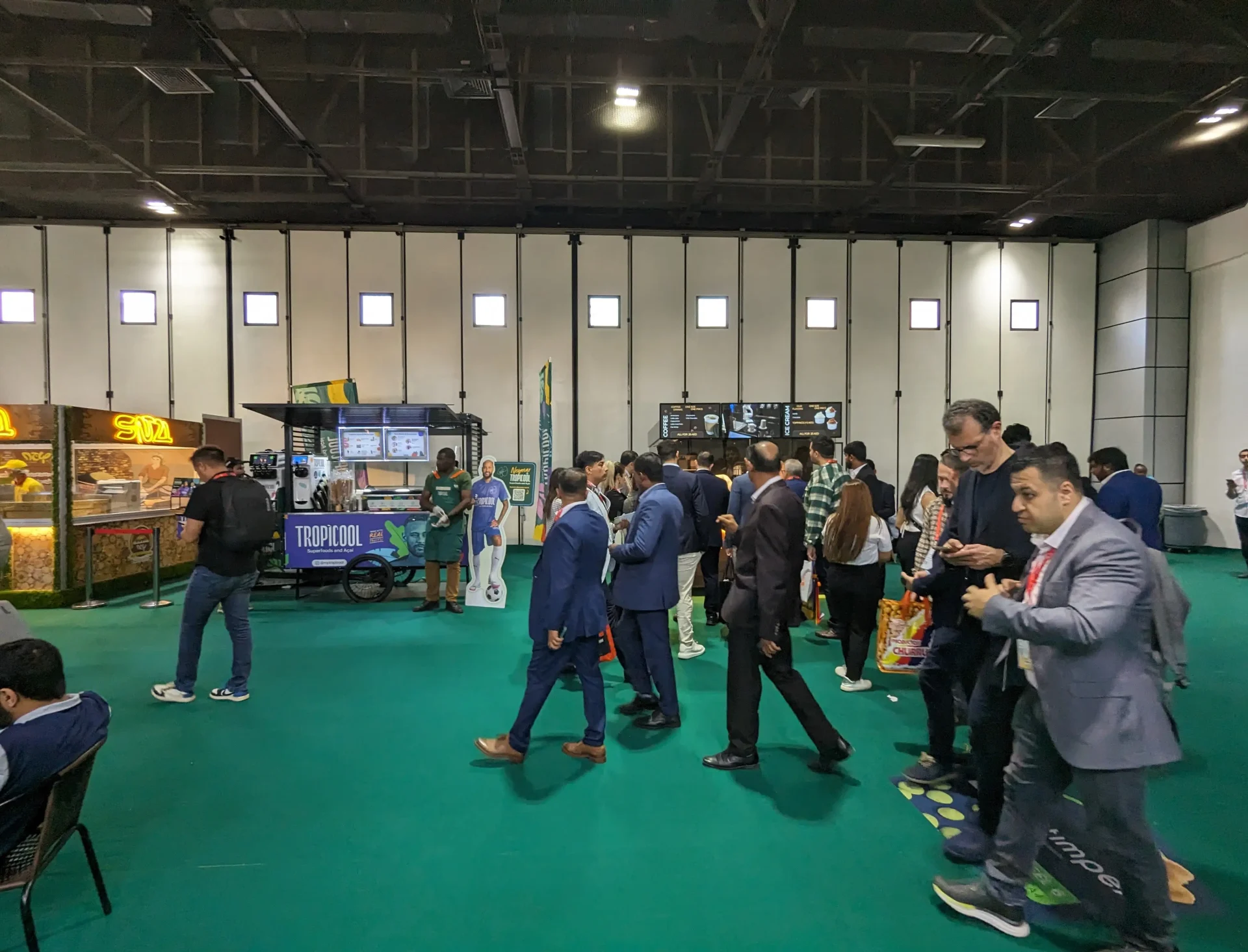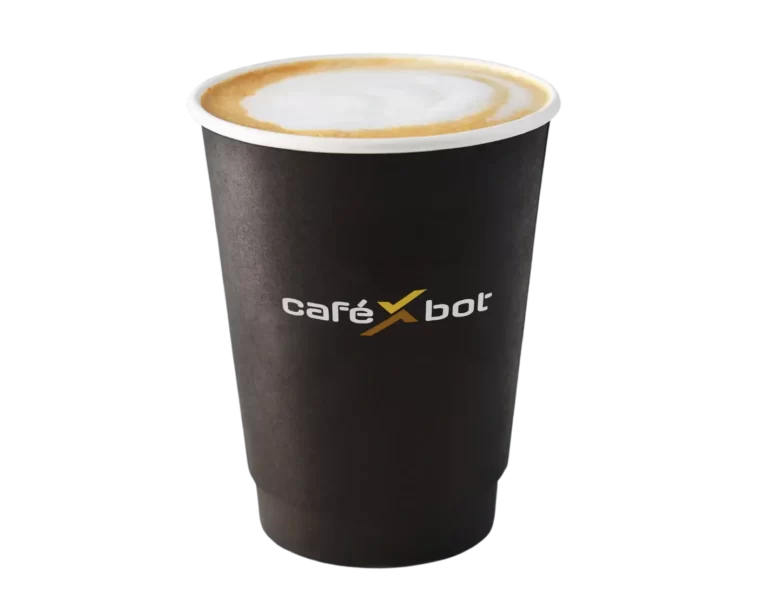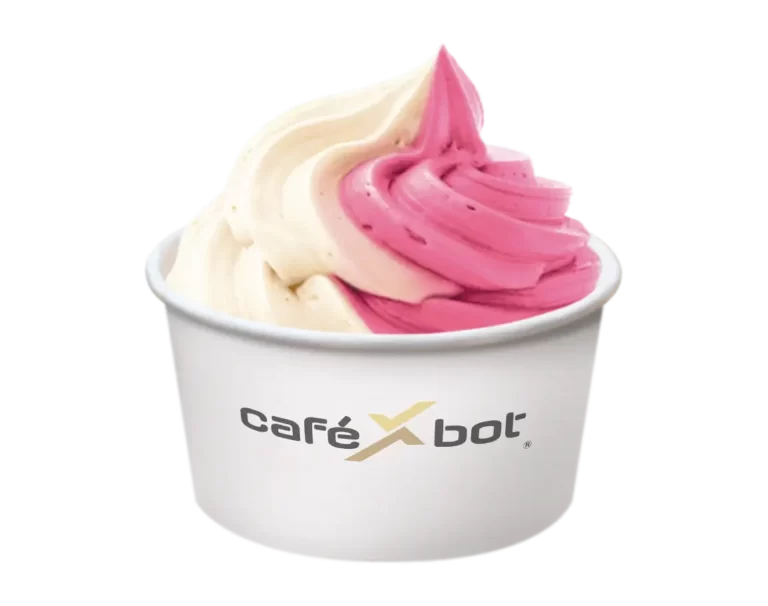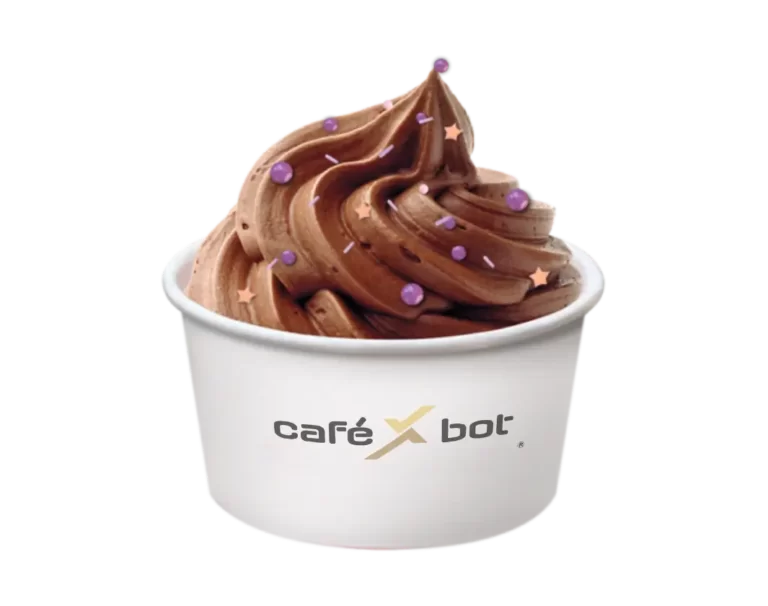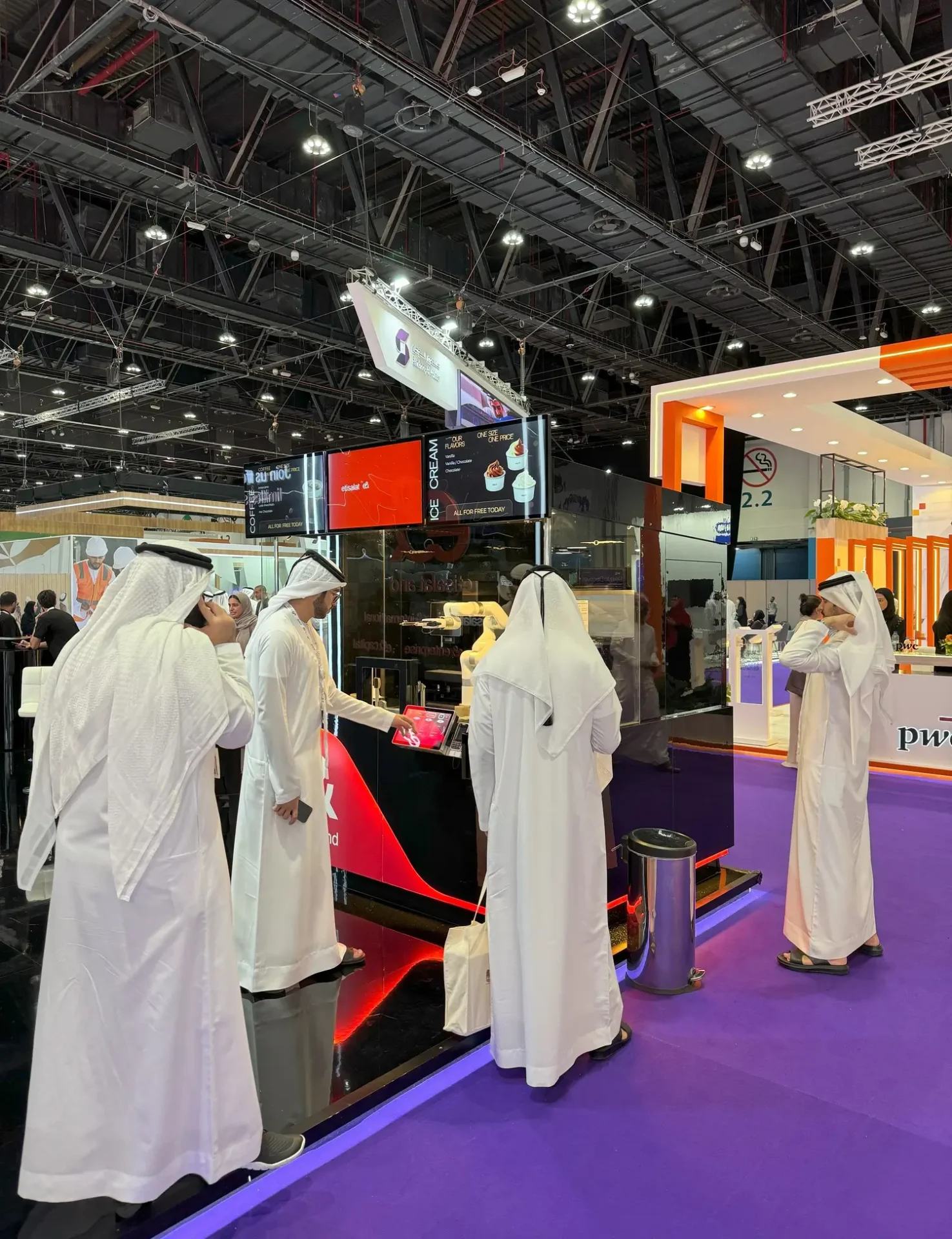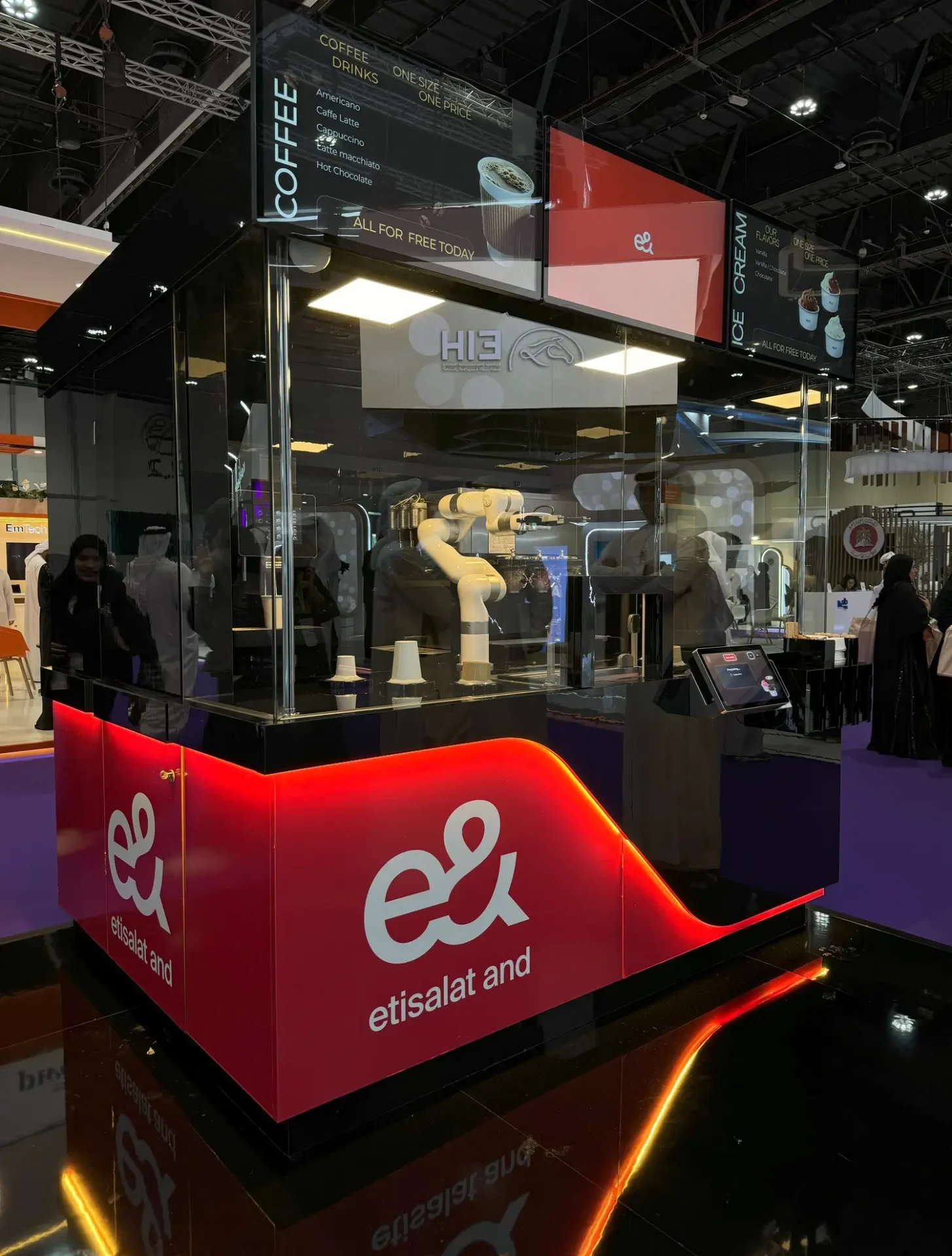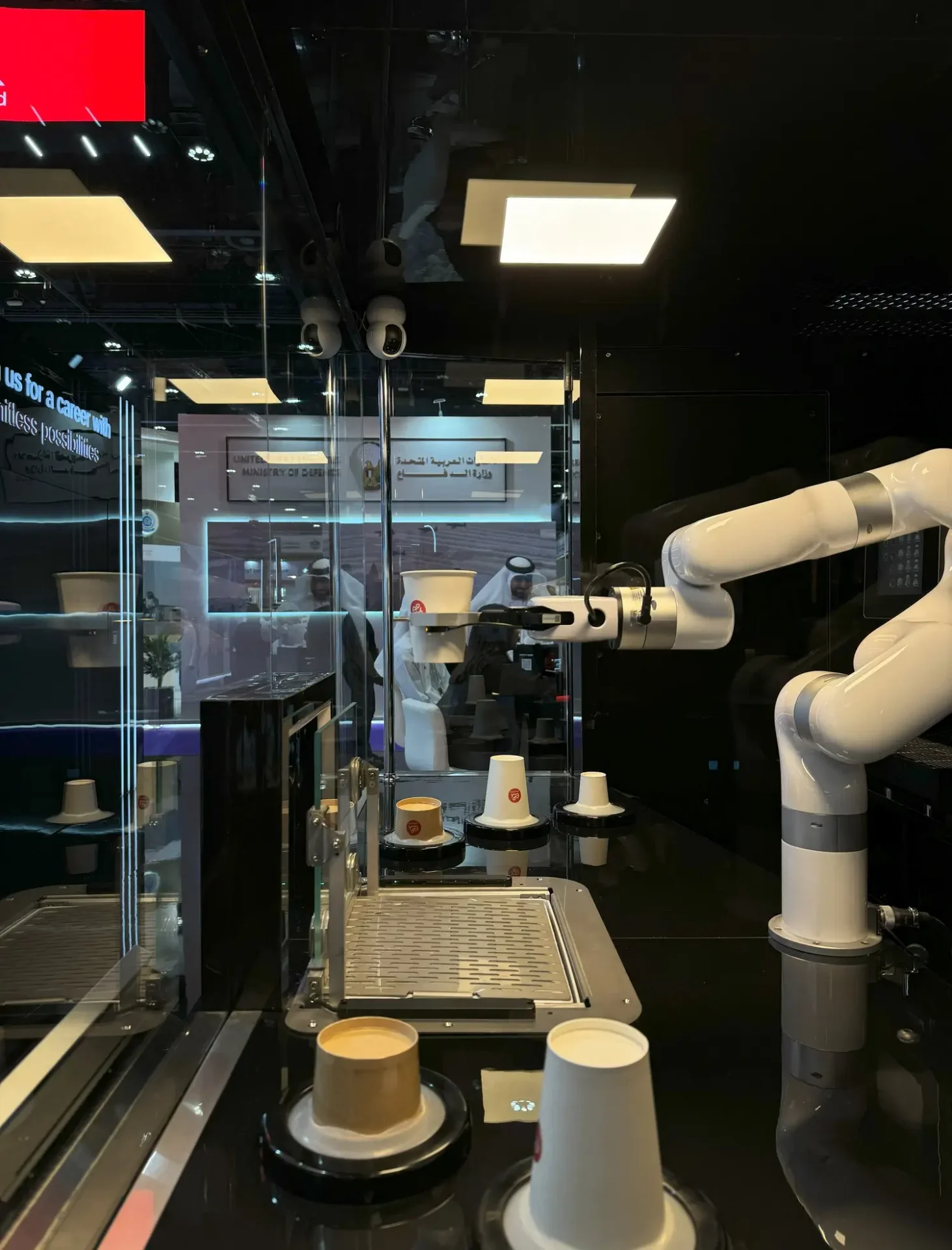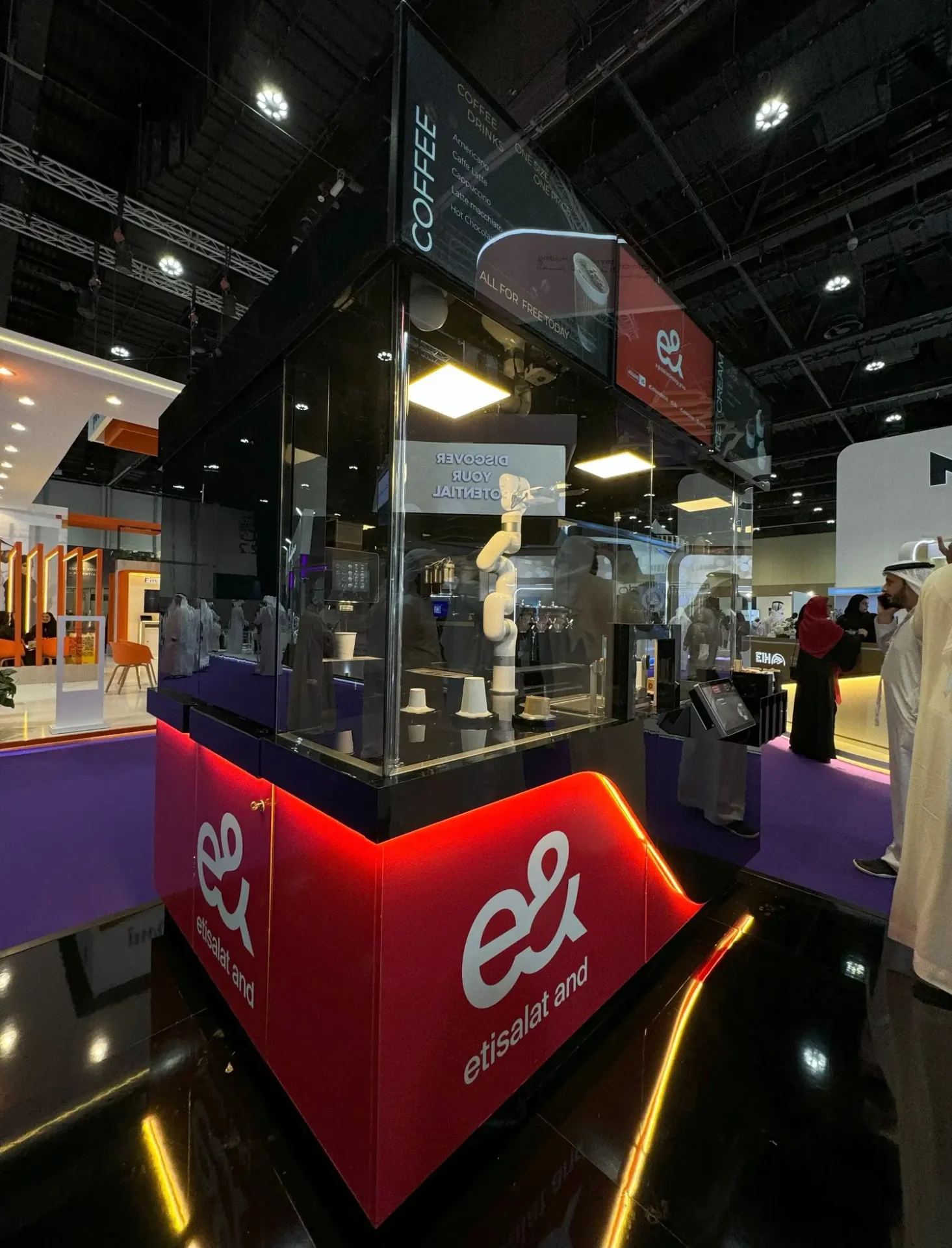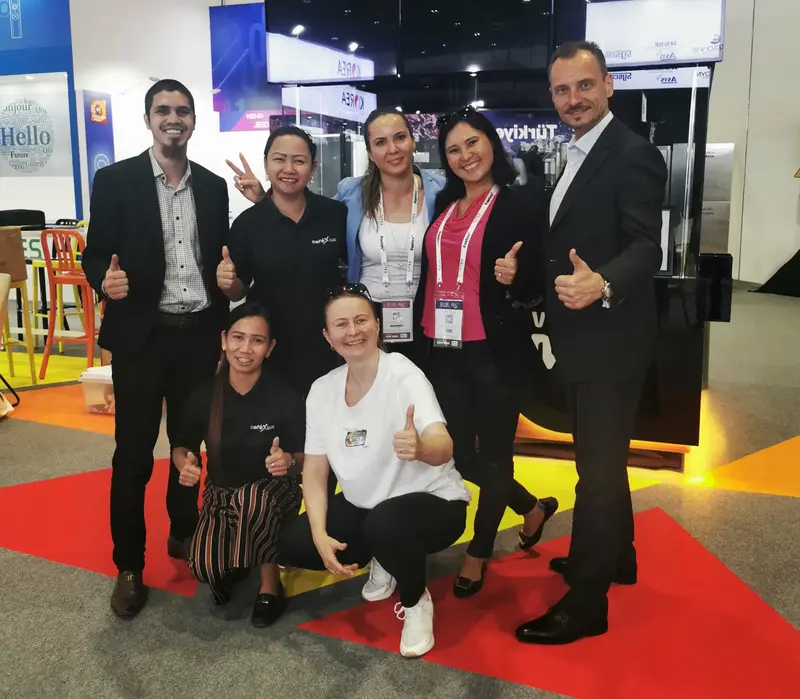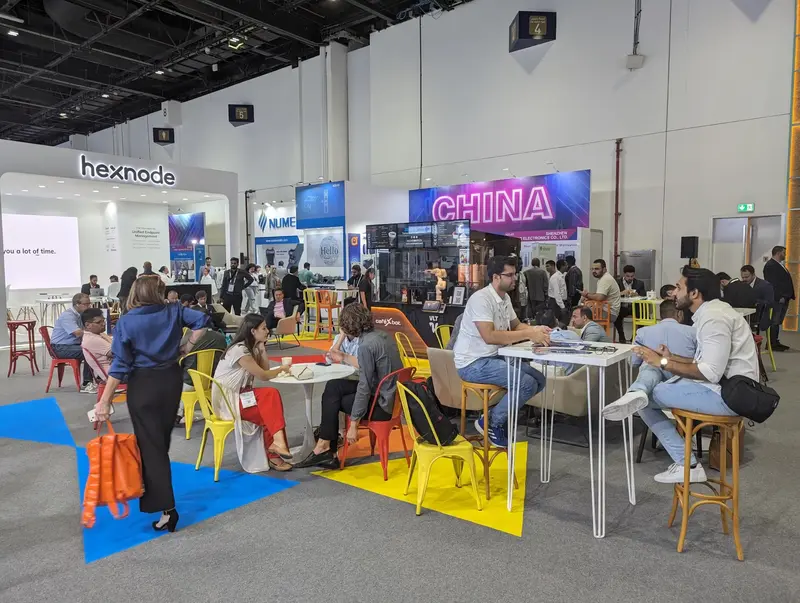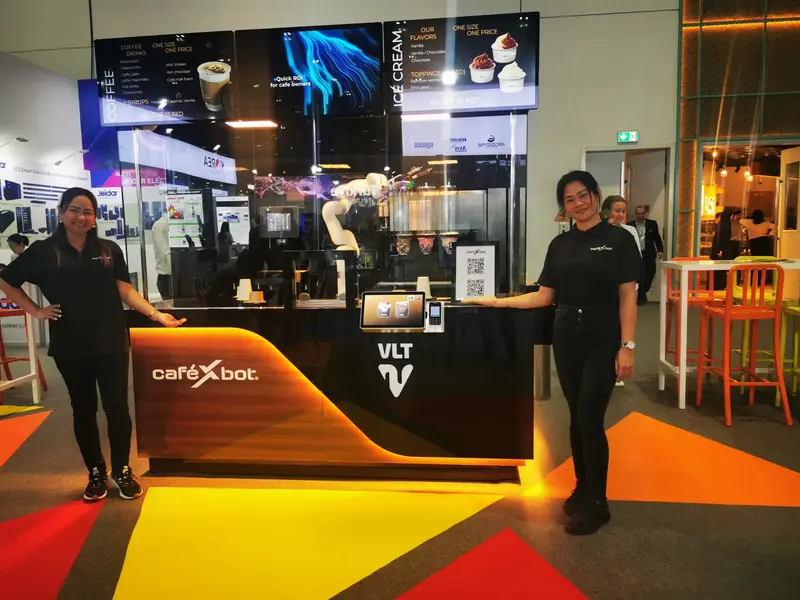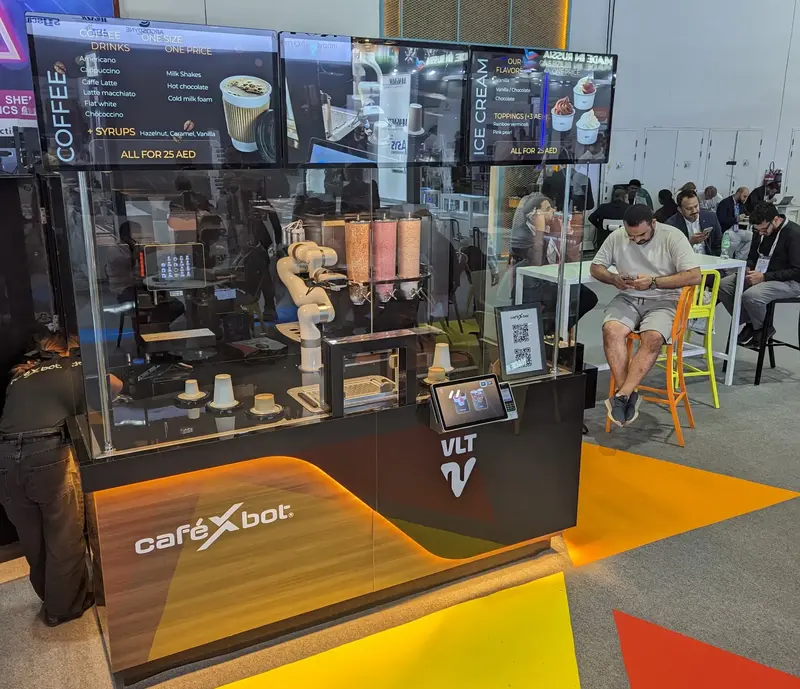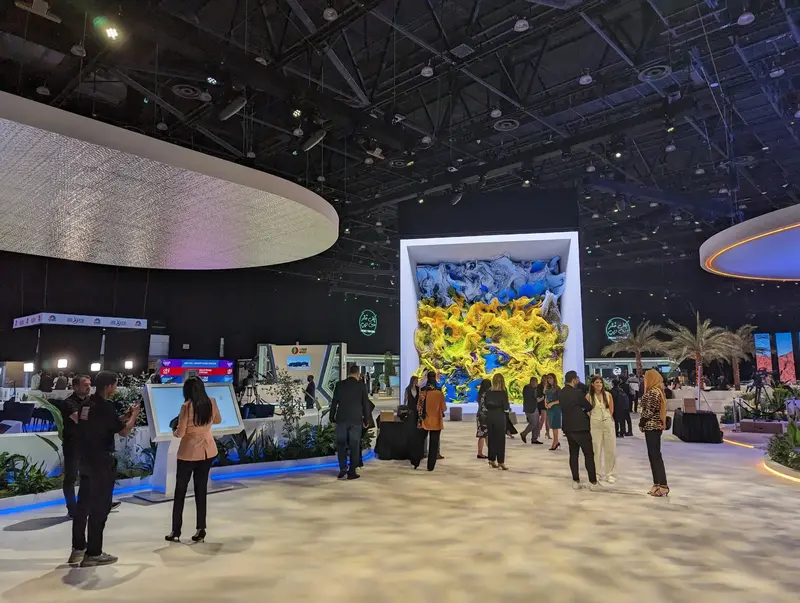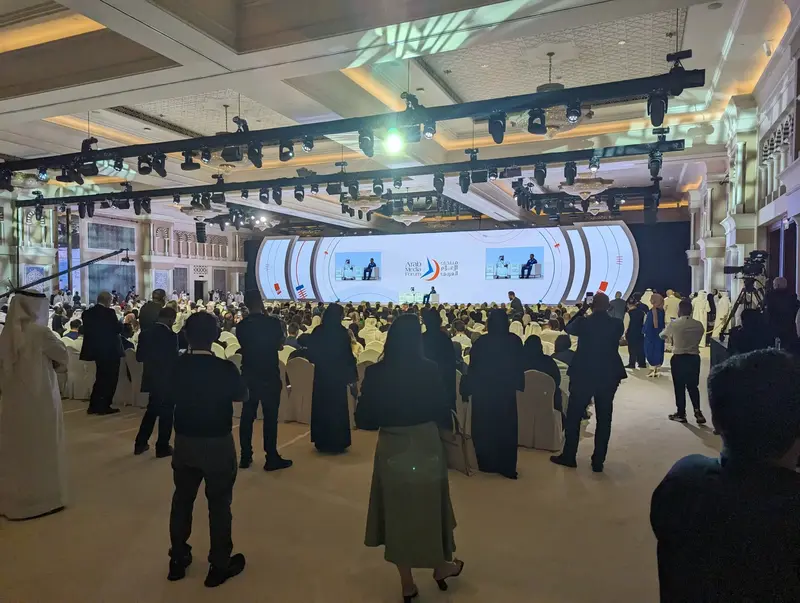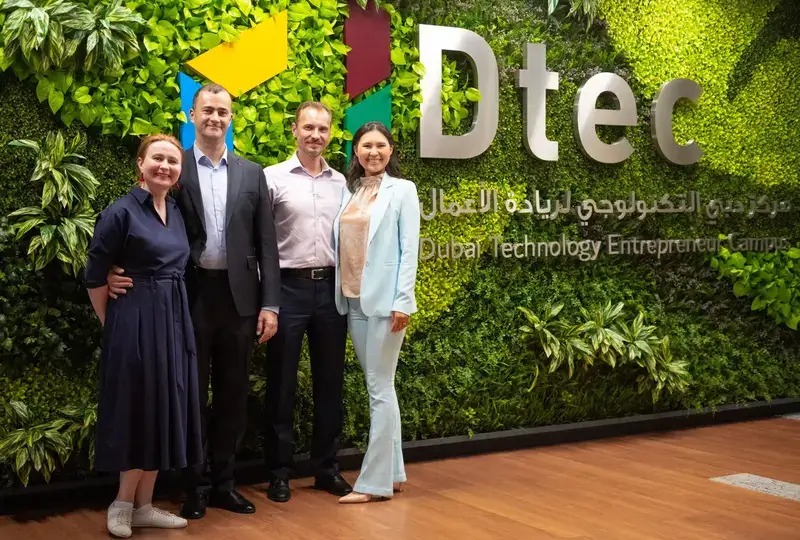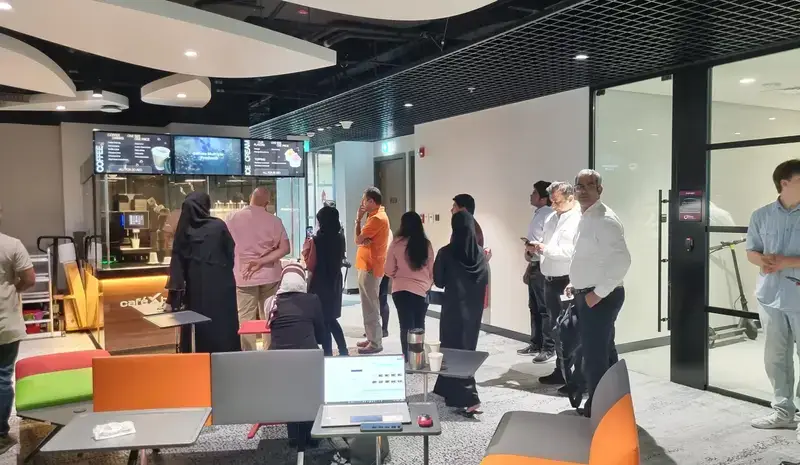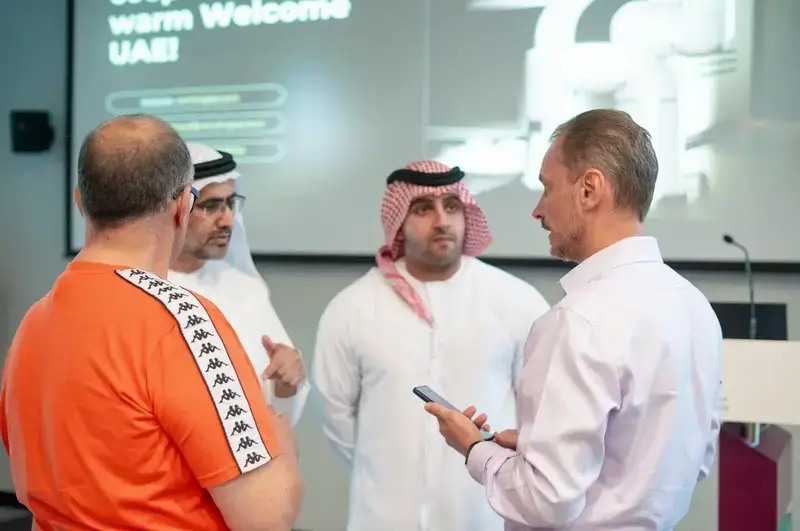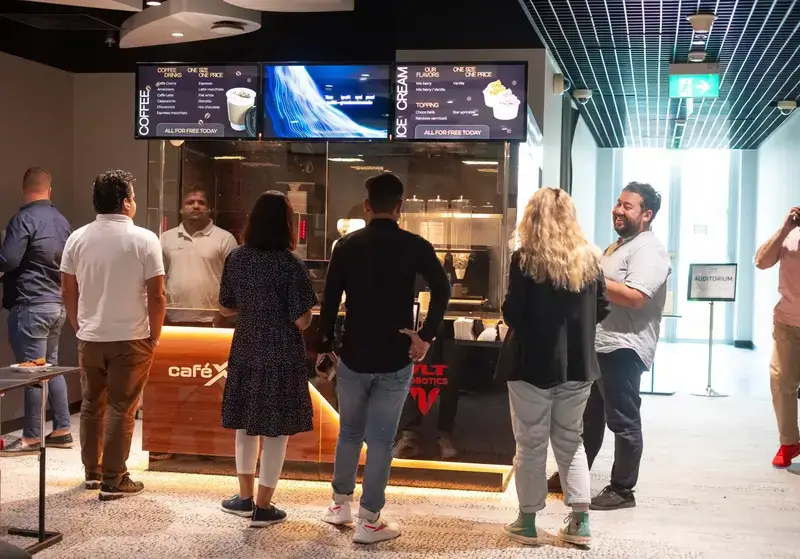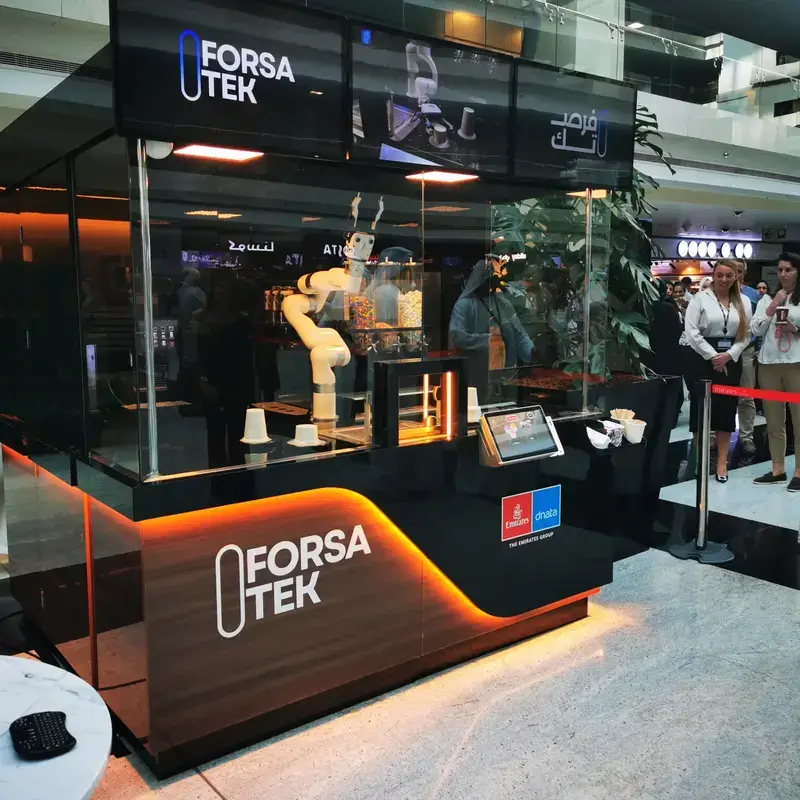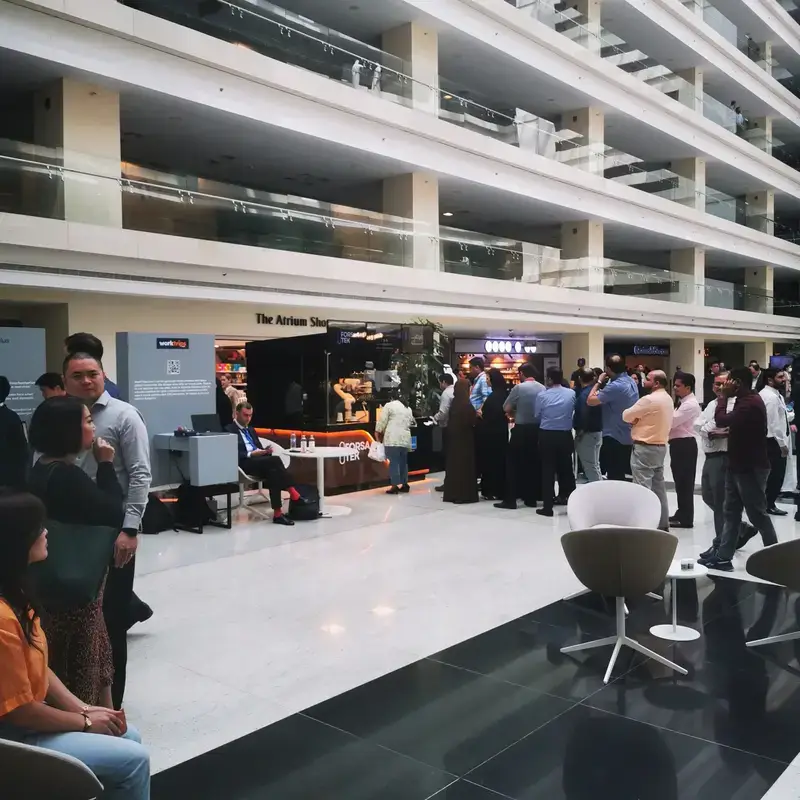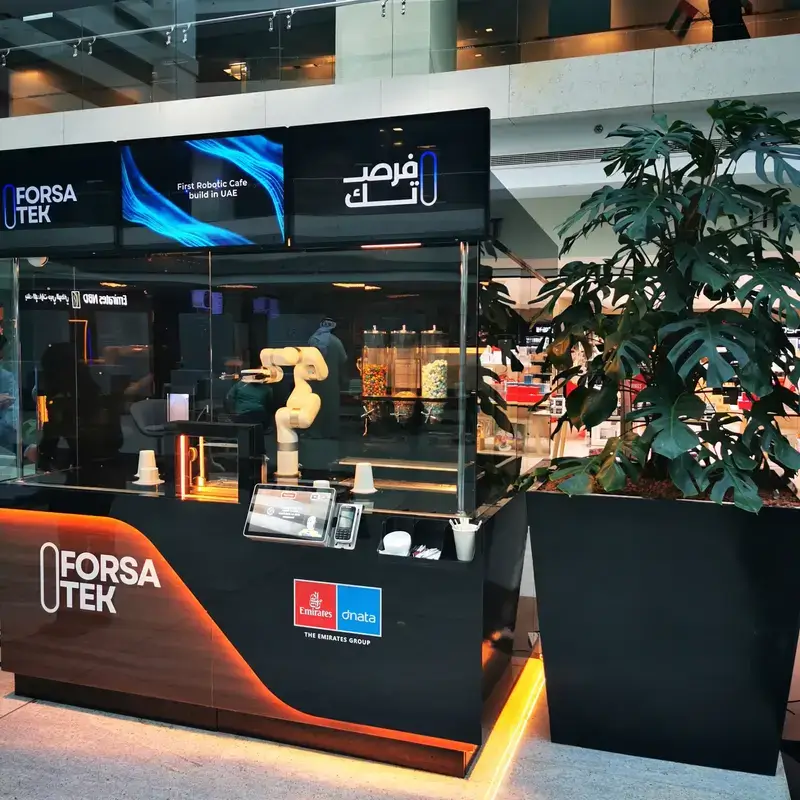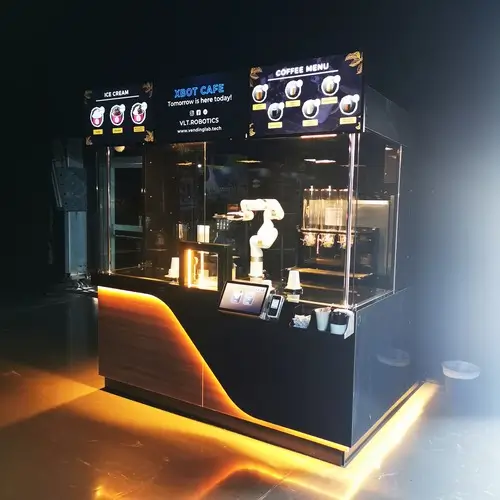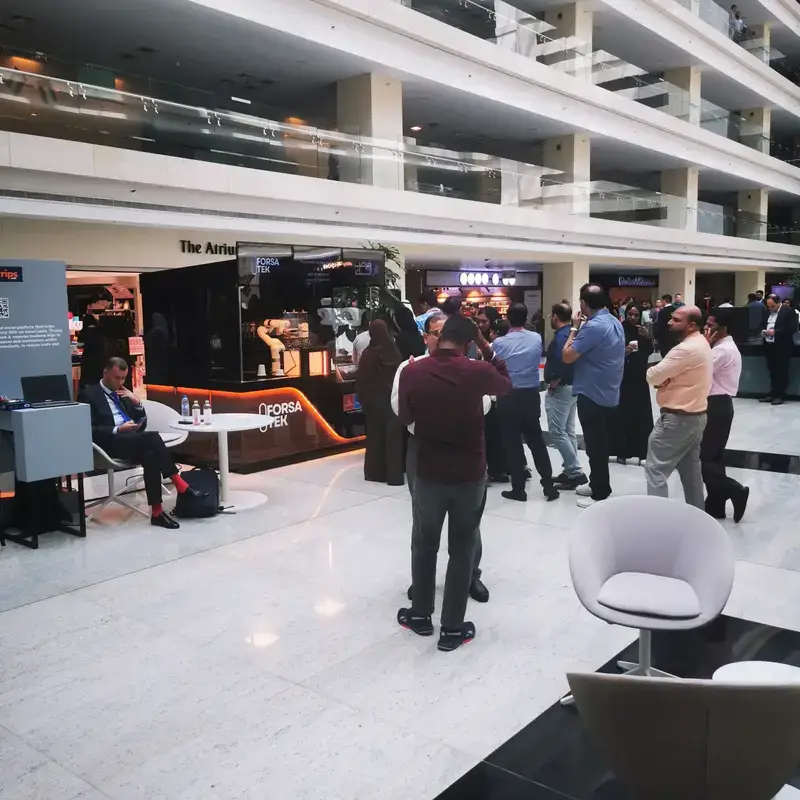
Unlocking the Advantages of Robot Cafe for Modern Dining Experiences
In recent years, the dining landscape has undergone significant transformation, with technological innovations paving the way for enhanced customer experiences. One of the most intriguing developments is the emergence of the Robot Cafe, where automation and artificial intelligence are seamlessly integrated into the traditional dining experience. According to a report by MarketsandMarkets, the global restaurant automation market is projected to reach $3.4 billion by 2026, growing at a compound annual growth rate (CAGR) of 15.6% between 2021 and 2026. This surge is largely attributed to increased demand for efficiency and enhanced customer service.
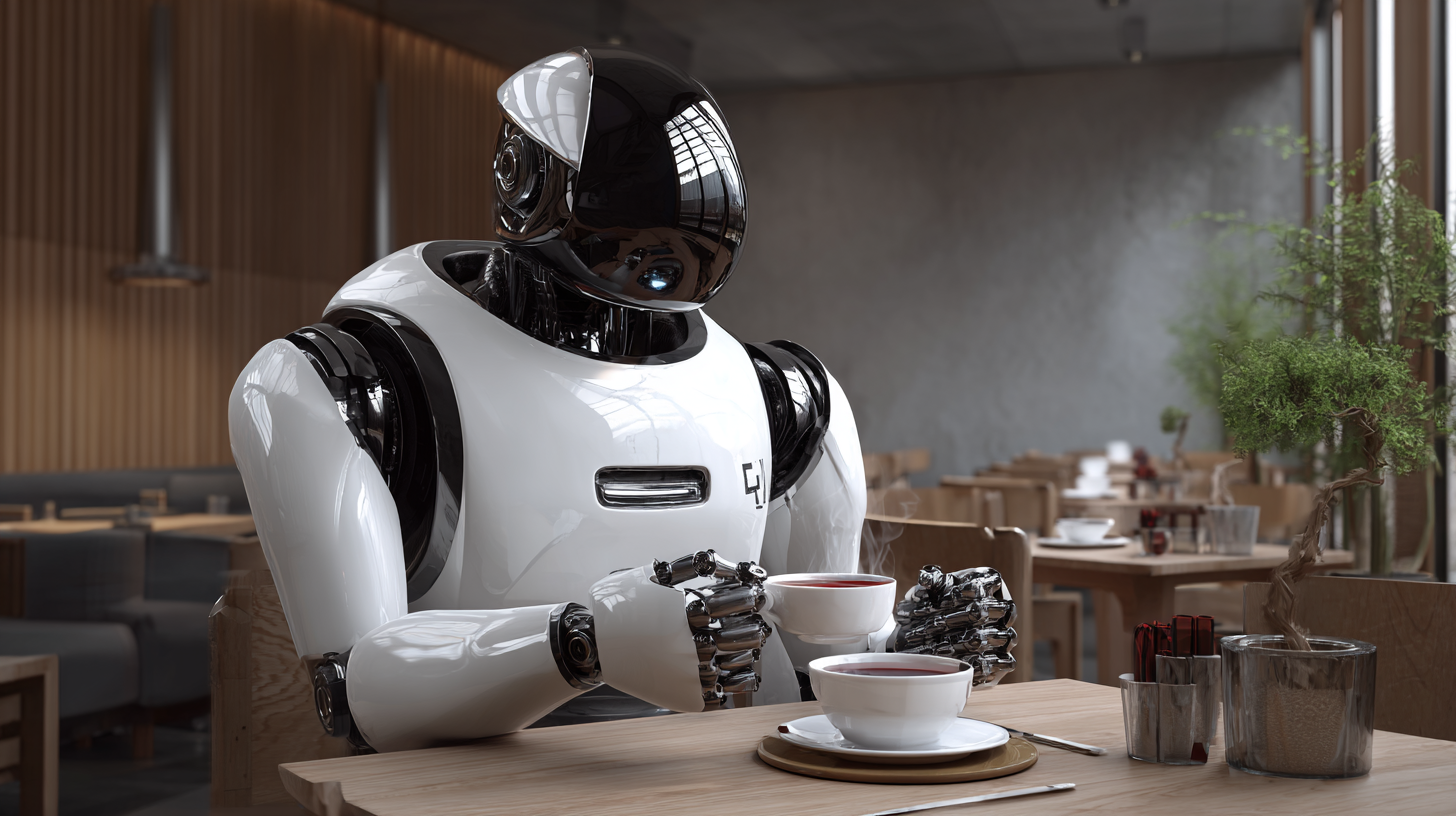
As Robot Cafes become more prevalent, they offer unique advantages such as reduced wait times and personalized service, redefining how we perceive modern dining. This blog will delve into the various benefits of Robot Cafes, demonstrating how they are not just a novelty but a valuable asset in today’s fast-paced culinary world.
The Rise of Robot Cafes: Revolutionizing Modern Dining with Efficiency
The rise of robot cafes is transforming the landscape of modern dining, driven by advances in automation and artificial intelligence. According to a recent report by the International Federation of Robotics, the global demand for service robots is projected to reach $15 billion by 2025, making robot cafes a key player in the hospitality sector. These establishments utilize robots for tasks ranging from order taking to food delivery, streamlining operations and enhancing customer experience.
Efficiency is at the forefront of this revolution. A study conducted by Statista indicates that over 70% of consumers view robotic service as an appealing option due to reduced wait times and consistent service quality. Robot cafes not only minimize human error but also cater to the growing labor shortage in the foodservice industry. By automating routine tasks, these venues free up human staff to focus on more complex customer interactions, leading to improved satisfaction levels. As robot technology continues to evolve, the fusion of robotics and dining will redefine how we experience food and service in the modern age.
Enhancing Customer Experience in Dining: The Role of Robotics
In today's fast-paced dining landscape, enhancing customer experience is paramount, and robotics is leading the charge. A recent study from the National Restaurant Association indicates that nearly 70% of diners are excited about the integration of technology into their dining experiences. Robot cafes are not just novelty; they significantly improve efficiency and consistency in service. By automating tasks such as food delivery and order taking, establishments can reduce wait times and allow staff to focus on providing personalized service.
When incorporating robotics into dining venues, consider these tips: First, invest in user-friendly technology that blends seamlessly with your existing systems. Research shows that 60% of patrons prefer interactive technology that enhances their dining rather than complicating it. Second, train your staff to work alongside robots effectively, ensuring a harmonious workflow that maximizes both human and robotic strengths. Lastly, engage customers by offering interactive features, like customizing their orders through a tablet interface, which a report from Deloitte found can increase customer satisfaction by 30%.
Robotic solutions not only streamline operations but also provide unique dining experiences that captivate customers. As this trend continues to grow, embracing technology can set businesses apart in a competitive market, ultimately leading to increased customer loyalty and revenue.
Automating Service: How Robots Are Reducing Labor Costs in Cafes
In recent years, the emergence of robot cafes has transformed the landscape of modern dining experiences, particularly through the automation of service. By leveraging advanced robotics and AI, these establishments are able to streamline operations, resulting in significant reductions in labor costs. The robots can efficiently take orders, deliver food, and even interact with customers, performing tasks that were traditionally handled by human staff. This not only enhances the speed of service but also allows human employees to focus on more complex tasks that require a personal touch.
Moreover, the deployment of robots in cafes can lead to improved consistency in service delivery. With programmed precision, these robotic systems are less prone to the errors that can occur in busy environments. This reliability appeals to customers who value efficiency and predictability in their dining experiences. As cafes continue to optimize their operations through automation, the potential for increased profitability becomes apparent. By reducing dependency on human labor, businesses can allocate resources more effectively, enhancing both customer satisfaction and bottom-line performance.
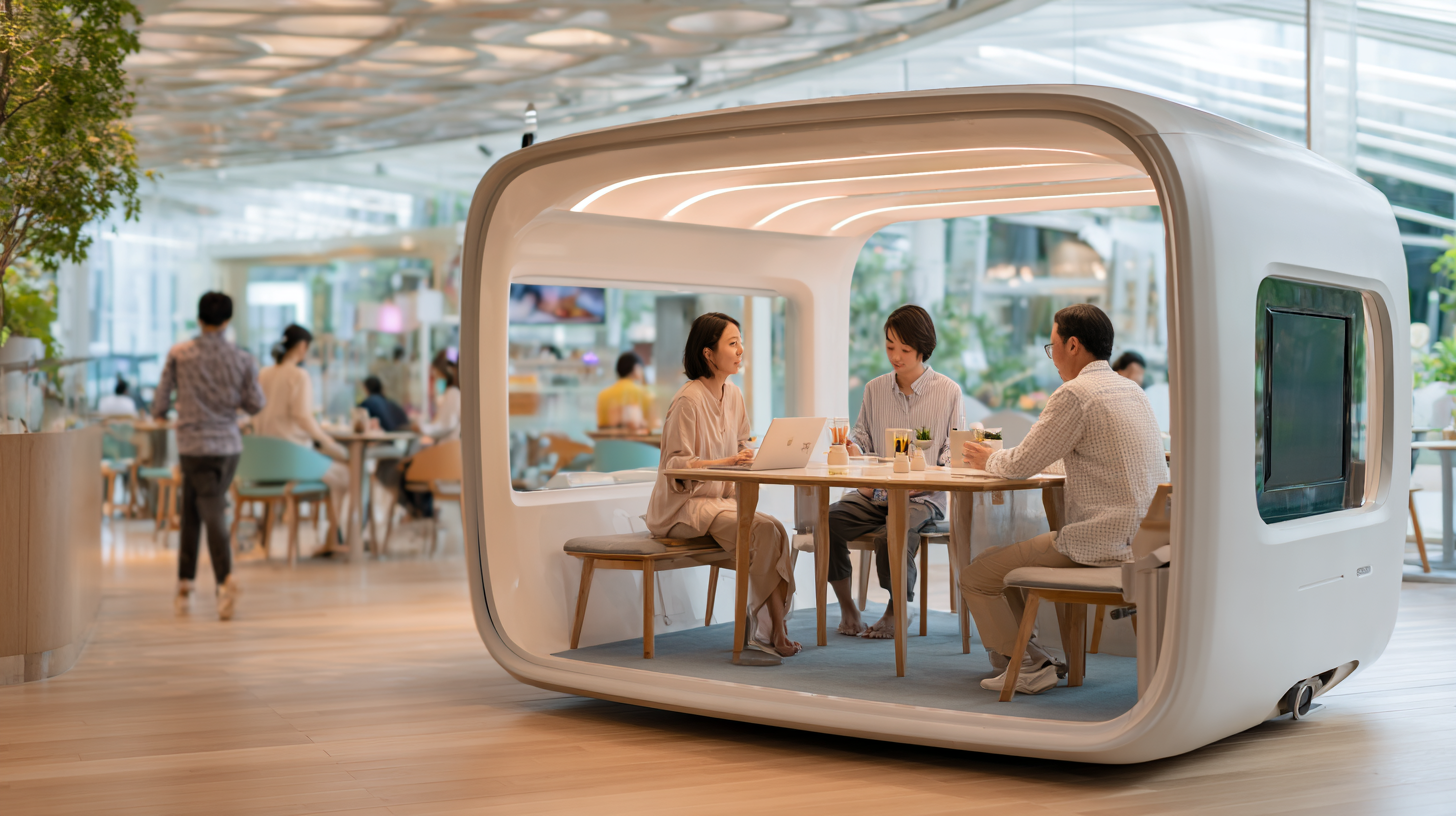
Data-Driven Insights: The Impact of Robot Cafes on Consumer Preferences
In recent years, the influence of robot cafes on consumer preferences has become increasingly significant in the food and beverage industry. By harnessing data-driven insights, these establishments are revolutionizing the way we experience dining. With automation at their core, robot cafes are not just about convenience; they are enhancing customer interaction through seamless service and personalized experiences. Customers are drawn to the novelty of technology, leading to a unique dining atmosphere that traditional cafes struggle to replicate.
Furthermore, exploring the top trends within this sector reveals fascinating insights about evolving consumer demands. Sustainability, personalization, and health-conscious options are at the forefront, with robot cafes adapting swiftly to these changes. The emergence of numerous startups focused on innovative dining solutions indicates a vibrant market, where over 20 of them showcase how automation can be effectively integrated into culinary experiences. This shift not only impacts consumer preferences but also challenges existing businesses to rethink their strategies, pushing the boundaries of traditional dining into a new, tech-driven era.
Sustainability in Dining: The Eco-Friendly Benefits of Robot Cafes
The advent of robot cafes is revolutionizing modern dining experiences by emphasizing sustainability and eco-friendliness. According to industry trends, the demand for sustainable dining options is on the rise, with 62% of consumers actively seeking out restaurants that implement environmentally friendly practices. Robot cafes contribute to this trend by reducing waste through precise ingredient usage and minimizing energy consumption compared to traditional restaurants. With automation in food preparation and service, these establishments can significantly lower their carbon footprint while providing streamlined, efficient service.
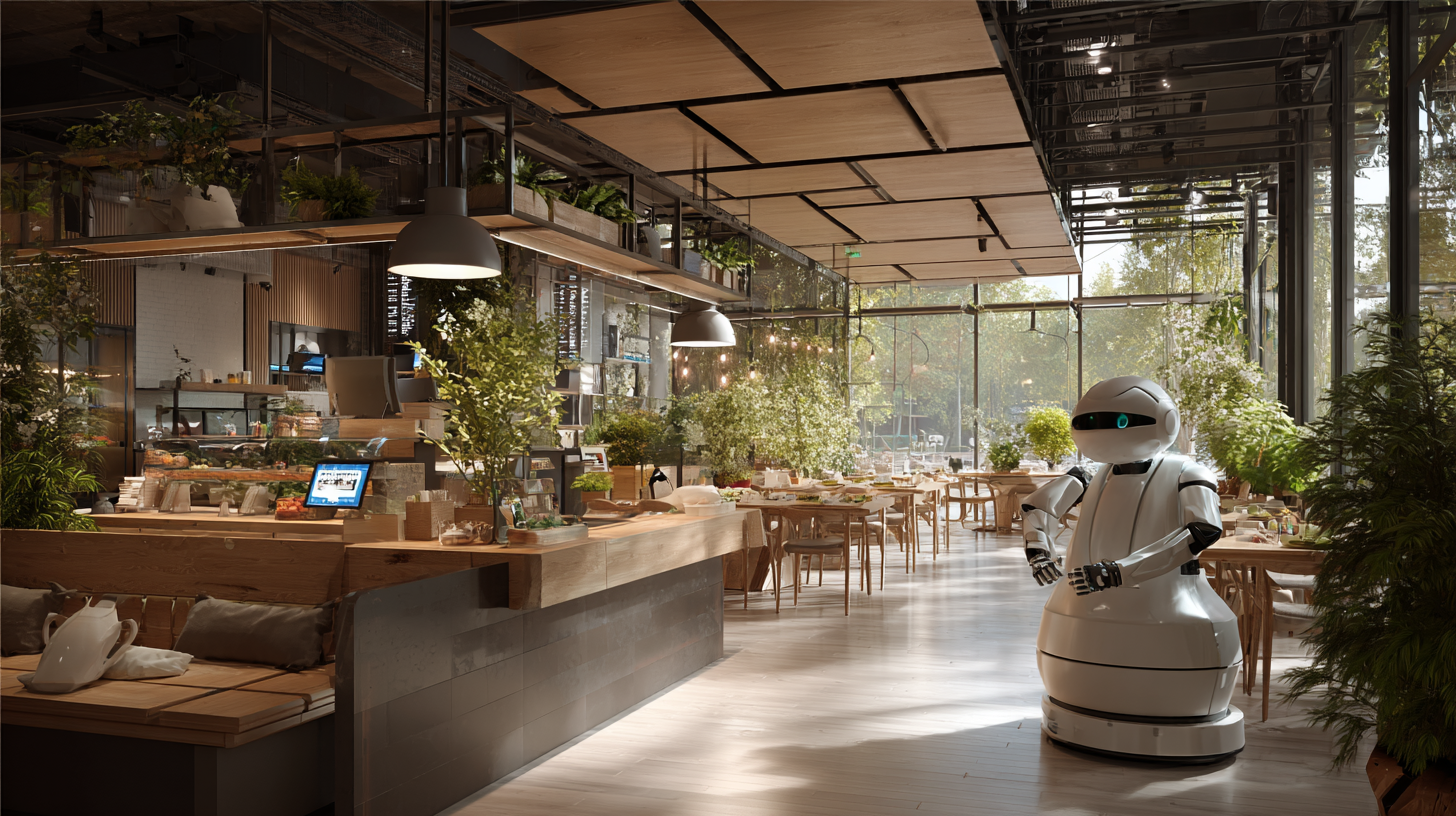
Moreover, the use of robotics in the food industry extends beyond cafes to include cloud kitchens, where artificial intelligence enhances efficiency by optimizing food delivery operations. Reports indicate that as of 2023, the cloud kitchen market is projected to grow at a CAGR of 12.8% from 2023 to 2030, fueled largely by the demand for convenience and sustainability in dining. The collaboration between robotics and drone delivery services further amplifies this trend, reducing reliance on traditional transportation methods and offering real-time tracking for a more sustainable food delivery solution. These innovations reflect a broader shift towards a more sustainable and tech-driven dining landscape, promising a greener future for food service.
Related Posts
-
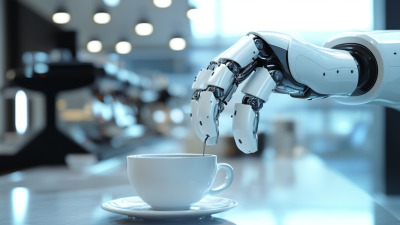
Finding Reliable Suppliers Top Tips for Sourcing Robotic Coffee Barista Solutions
-
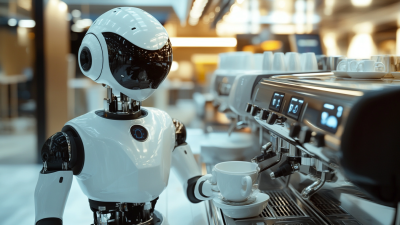
How to Enhance Your Café Experience with Robot Coffee Servers
-
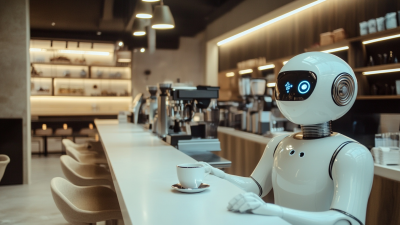
Future Trends in Best Robotic Cafe Market Analysis for 2025
-
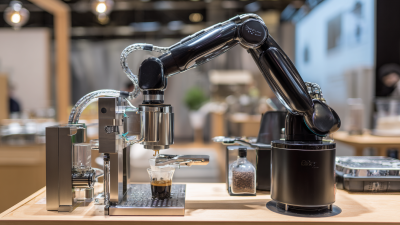
Crafting Excellence in Robotic Coffee Solutions: China’s Premier Barista for Global Taste
-
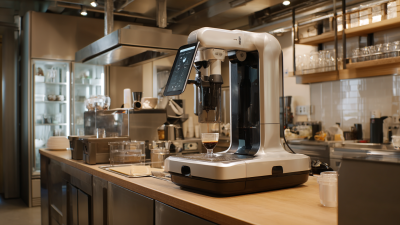
How to Elevate Your Coffee Business with the Best Robotic Coffee Barista Solutions
-
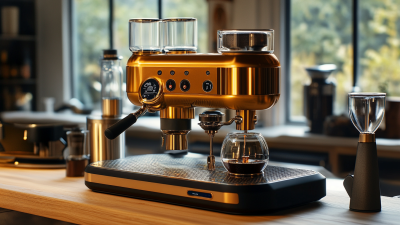
Innovative Solutions Beyond Traditional Coffee Makers with Robot Coffee Machine







